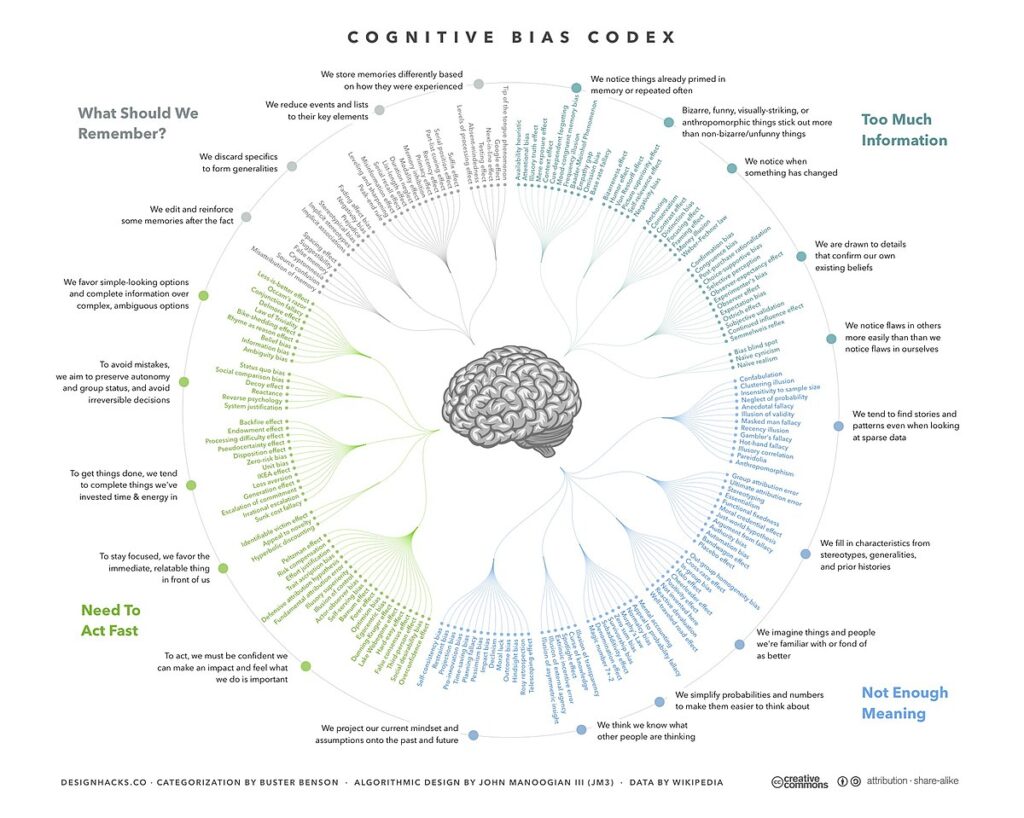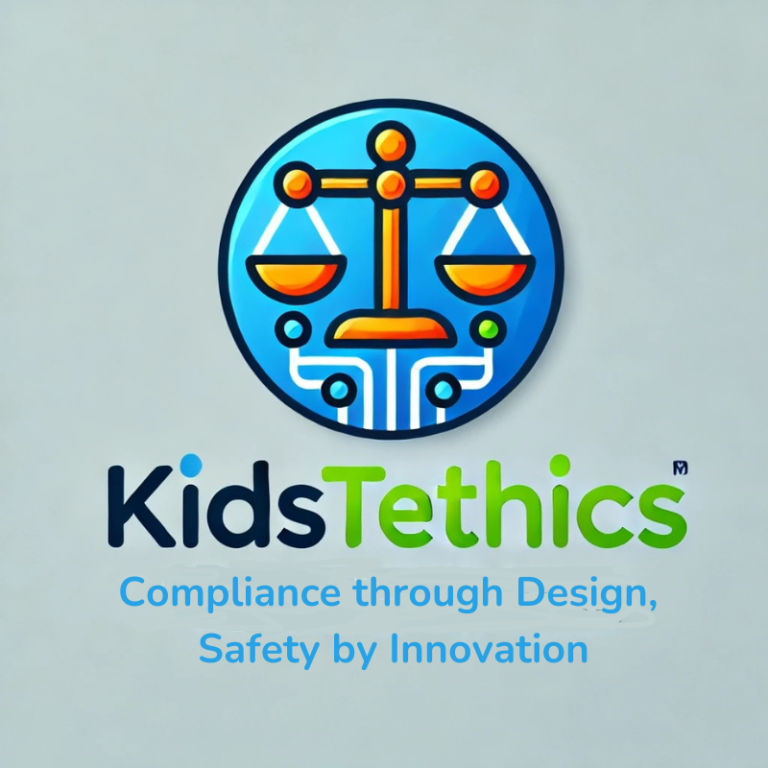The Role of Ethics Committees - Embracing the Known, Acknowledging the Unknown, and Empowering the Discerning

Over 300 identified cognitive biases invisibly shape our decisions, often without conscious awareness. These biases can significantly impact ethical considerations across various domains, from FinTech, MedTech, and technology that engages with children. I explore how ethics committees’ duties can serve as a crucial navigational tool in addressing these biases and upholding ethical standards.
- Identify Bias: Ethics committees should recognize the myriad forms of bias, from confirmation bias to the halo effect. Understanding these biases enables committees to assess situations with clarity and objectivity.
- Promote Various Perspectives: Gathering diversity in thought and perspective is a potent antidote to cognitive bias. Ethics committees should comprise individuals from diverse backgrounds, disciplines, and experiences. This diversity fosters robust discussions, challenges biases, and ensures comprehensive ethical analysis.
- Implement Checks and Balances: Ethics committees play a vital role in implementing checks and balances within organizations. By scrutinizing decisions and policies, committees can identify and rectify instances where cognitive biases may have influenced outcomes. This oversight is essential for maintaining integrity and trust.
- Encourage Transparency: Ethics committees should advocate for openness and accountability in decision-making processes. By shedding light on potential biases and their implications, committees empower stakeholders to make informed choices.
- Provide Ethical Guidance: Ethics committees serve as guides, offering ethical frameworks and principles to navigate complex situations. By providing clarity and direction, committees help individuals recognize and mitigate biases in their decision-making processes.
- Continuously Educate and Train: Regular education and training sessions on cognitive bias awareness and mitigation strategies are essential for ethics committee members. This ongoing learning ensures that committees remain vigilant in addressing emerging biases effectively.
- Encourage Reflection and Review: Ethics committees should encourage individuals to reflect critically on their decisions, considering how biases may have influenced their thinking. Regular reviews of past decisions can also highlight areas for improvement and reinforce ethical standards.
- Advocate for Ethical Decision-Making: Ethics committees are champions of ethical decision-making. By advocating for ethical principles and practices, committees help cultivate a culture of integrity and responsibility within organizations. This advocacy extends beyond individual biases to address systemic issues that may compromise ethical standards.
Action Steps:
- Implement regular cognitive bias awareness training for ethics committee members and stakeholders.
- Establish a standing and empowered ethics committee that reflects the organization’s values and stakeholders.
The new ethics committees’ duties encompass awareness, diversity, oversight, transparency, guidance, education, reflection, and advocacy. By embracing these responsibilities, ethics committees can effectively navigate the complex landscape of cognitive bias, promoting ethical conduct and upholding trust and integrity in all endeavors.
For further information check out this Codex at Wikipedia or contact Jeff Kluge to discuss C-suite and Board related training, or how expanded expertise on your ethics committee would be enhance the duty of care in the development of your artificially intelligent, algorithmic, or autonomous based systems.
